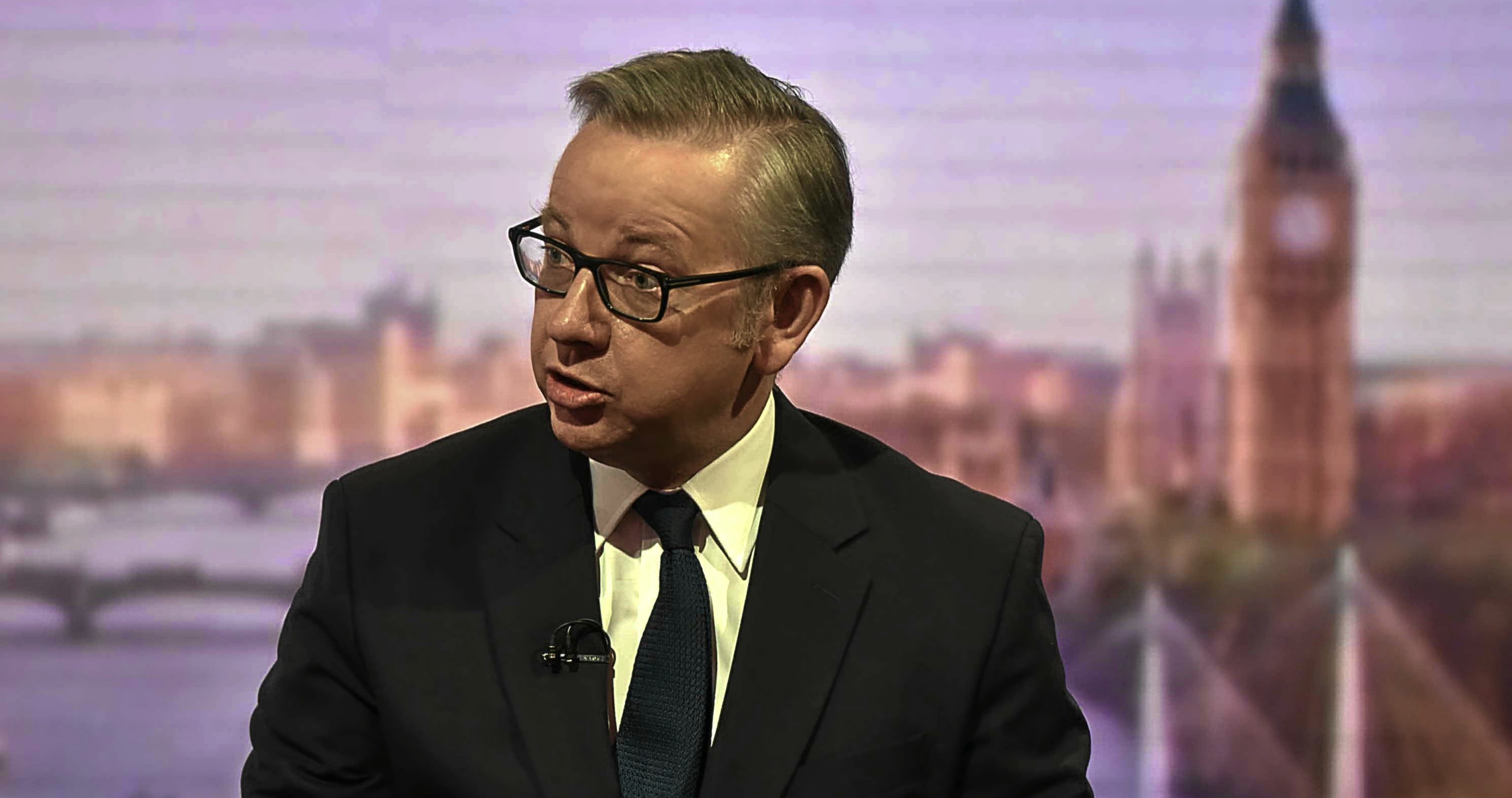So the moral of the story is this: be careful what you wish for.
The other moral of the story is this: a weekend is a long time in politics.
One minute David Cameron (remember him?) was saying “Britons are not quitters”; the next minute, the majority of Britons demonstrated they were quitters; and the minute after that, so did he.
He strode out into Downing Street to tell us he would steady the ship before handing over to a new captain, apparently oblivious to the fact that the ship was already on the rocks and breaking up. Oops.
By Sunday, a poll for The Sunday Post put support for Scottish independence at almost 60%. Meanwhile, Sinn Feinn was dusting down and refreshing the case for a united Ireland.
And all this because the British Government thought a referendum on Europe would silence Nigel Farage, who emerged blinking and heedless into the sunlight more bellicose and objectionable then ever.
The London establishment (both political and media) began at once to refight the 2014 independence referendum by demanding of Nicola Sturgeon what currency Scotland would opt for this time. This is what happens when the big questions are too painful to confront.
Big questions like what are we going to call the country that has just voted to leave Europe? The United Kingdom is no longer appropriate. Great Britain suddenly looks like an idea that has just been consigned to the basement, sheathed in the dusty shrouds of empire – so great it can’t even hold itself together.
What’s left in, say, five years – shorn of Scotland and Northern Ireland and with a resurgent Welsh nationalism gnawing at the last few remaining ties – would be England, the Isle of Man (maybe), the Channel Islands (maybe), the Falklands and Gibraltar.
The Westminster government could always hold a referendum, I suppose, to let the natives of the green and pleasant land decide on a new name. Brity McBritface maybe.
Incidentally, the answer to the question about Scotland’s currency in those circumstances is “anything but the pound”.
Big questions like who is going to be Prime Minister?
The Anyone But Boris campaign has already begun and if any single event could single-handedly hoist Scotland’s pro-independence poll rating to 70% at a stroke, Prime Minister Boris would do the trick.
Then consider the options: Theresa May, George Osborne, Liam Fox, the guy from Aberdeen with the Buddy Holly glasses? Any one of these is surely worth an extra five per cent at least.
Meanwhile, best guesses by psephologists about when Labour might next be in a position to choose a Prime Minister vary between 10 and 1,000 years. Bet 365 is waiting for your text.
I am more overtly pro-Europe and pro-Scottish independence than any baby boomer has any right to be if you believe the psephologists
However, my proclivities are not so all-consuming that I can take any pleasure from what has befallen England in particular and what could still befall it.
For England is indeed a green and pleasant land and it deserves better than to be shredded into sausage meat by this political mincing machine. If that sounds like an outline of a script for a horror movie, it is hardly surprising, for there have been times over the weekend when it has been necessary to watch the BBC News channel through my fingers.
Sometimes, I have had to leave the room on the pretext of making coffee and furtively stiffen my resolve with a slug of Talisker Storm.
There is a serious point here. This is far from over and depending on what politicians and voters in England do next, it could still get a lot worse.
There is the matter of a new Prime Minister and a new Leader of the so-called Opposition, almost certainly followed by a snap general election, in which an increasingly impatient Scotland also has a vote, remember.
Scotland is already halfway out of the door and increasingly confident of its own place on the map. It has a stable government, the best political leader in Britain by a country mile and a vigorous parliament of its own with hints at least of severance from London within the unionist parties.
Scottish independence may not quite be inevitable – yet – but without an almost miraculous transformation of political attitudes and philosophies in Westminster, Britain will lose Scotland and soon.
I hope England’s green and pleasant land can recover its equilibrium, although it is unclear to me at the moment how that might be achieved. But it could do worse than begin by being very, very careful about what it wishes for.
